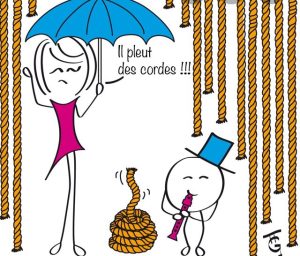 le 29 au 31 janvier 2024
le 29 au 31 janvier 2024Upcoming Dates
- Thursday and Friday, February 1-2 – NO SCHOOL, Teacher grading & training days
- Wednesday, February 14 – Valentine’s Day (We will make our own cards at school. Please do not send children to school with individual cards.)
- Monday, February 19 – NO SCHOOL, Presidents Day (This may turn out to be a make-up snow day.)
What’s up! Quoi de neuf?
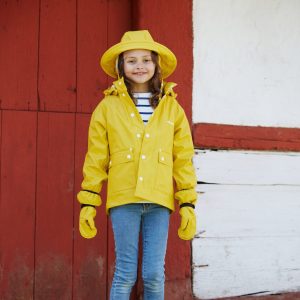 Please send your child to school in proper footwear and a WARM water-repellent jacket with a hood or a hat when the weather is rainy. It’s getting cold, too, so please have your child wear warmer layers and weather-appropriate shoes. Thank you!
Please send your child to school in proper footwear and a WARM water-repellent jacket with a hood or a hat when the weather is rainy. It’s getting cold, too, so please have your child wear warmer layers and weather-appropriate shoes. Thank you!
If your child is ill or has had a fever or vomited within the previous 24 hours, please keep your child home. If your child will be absent, please email both teachers (kincaid_j@4j.lane.edu and hopper_s@4j.lane.edu) and please call in and leave a message on the school attendance line (541) 790-7080 or email Eliza at drummond_e@4j.lane.edu.
Please ensure that you email BOTH TEACHERS when you communicate with us.
Le français:
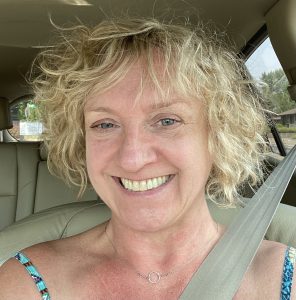
We are still catching up from the unexpected ice and snow days, and Ludivine has been out sick all week, and will be out all next week also, so I’m really trying to catch up on things. So, in case I don’t get everything done, just remember that I didn’t have any assistance at all last week, or much this week.
We only have three days of school this week, and I will be gone on Wednesday to (hopefully!) finalize my dental work. My sub will be Hannah, Mme Shelli’s student teacher, & she knows the students well. I will be having either another intern or another French speaker coming into the room to work on French activities, but it’s a short day, and both groups have buddies for about 20 minutes each, so there will be only a short amount of time without a fluent French teacher with them.
NO French homework this week. We had our quiz on landform vocabulary last Friday, and the average score was 100%! There were three possible bonus points if students remembered to capitalize at the beginning of the sentences, so the most a student could get is 115%. If your child did far below 100%, especially if he/she/they had the yellow version of the quiz with the bank of words at the bottom, your child is not adequately preparing for quizzes. As I told the students all week, the sentences on the sentence matching activity on Wednesday night were exactly the same sentences that would be on the quiz. And, as I’ve made clear, I’m much more concerned about the students getting the right vocabulary word in the right sentence than I am about spelling because the goal is to build vocabulary. On the next set of vocabulary words, I’m going to have a small group of students work with me on how to prepare for the quiz, beginning on Monday. We’ll see if that makes a difference.
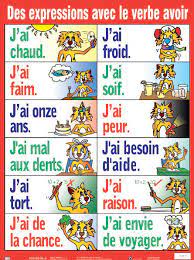 We will work on expressions with the verb avoir (to have) on our next homework. As I often tell people, French is not a translation of English, and some French expressions are worded differently. We’ll be working on those expressions. Here is an example: In English, we say, “I am hungry,” but in French, the direct translation for the same expression is actually, “I have hunger,” or in French, “J’ai faim.” There are only a handful of expressions that use avoir when we would normally use the verb “to be” in English, but they are very common expressions, so we need to master them.
We will work on expressions with the verb avoir (to have) on our next homework. As I often tell people, French is not a translation of English, and some French expressions are worded differently. We’ll be working on those expressions. Here is an example: In English, we say, “I am hungry,” but in French, the direct translation for the same expression is actually, “I have hunger,” or in French, “J’ai faim.” There are only a handful of expressions that use avoir when we would normally use the verb “to be” in English, but they are very common expressions, so we need to master them.
We will also begin some geography our first full week back to school after the upcoming grading days.
We will continue to correct two horrible sentences on all full days, and alphabetize on our short day. The alphabetizing includes vocabulary words.We’ll begin our next new “J’observe…” writing project the first week of school in February. Most students have completed several versions of tracing their first and last names, and now everyone should be on the culminating project of writing all the uppercase letters and names, including their name, their family names, their addresses, and their city, state and country in cursive. That is a yellow packet and will come home once completed. 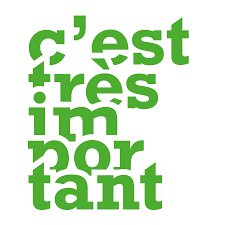
Student goal: I am applying myself to my school work. I am actively seeking learning.
Student goal: I can correct grammatical and punctuation errors in sentences in French.
Student goal: I can form and connect all the lowercase and uppercase letters correctly in cursive.
Student goal: I am expanding my vocabulary by incorporating new words into my speaking and writing.
Les sciences:
We have nearly completed the rocks and soils portion of sciences, and we’re moving into the landforms portion. We still have one thing to complete with chemical weathering, but we’ve already moved into naming landforms, and we finished our landforms packet which is in students’ Oregon Geography Book project (see below). Hopefully, next week, we’ll move into some experiments with erosion and deposition, which involves lots of soil and running water.
Les copains/Buddies:
Both classes had buddies this week past week, and fourth graders helped their first-grade buddies color and glue together a poster where they each wrote about something they could do to help someone else that very day.
HOMEWORK
Look for your child’s Oregon Geography Book to come home on Monday. Students’ homework is to share this with you. This project took several weeks to complete in both French and English. After allowing your child to share with you, please sign the homework sharing page, but you may keep the project.
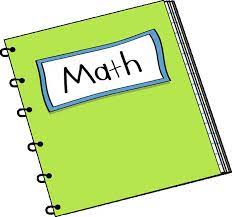

Mme Shelli hopper_s@4j.lane.edu English & Math teacher
Math
This week’s Key Concepts:
- We can compare and order fractions with different denominators using a variety of strategies.
- We can compare two numbers indirectly by comparing them both to a common benchmark.
There is NO MATH review HOMEWORK.
For this short week, we will finish Easy CBM mid year testing.
In math, we will continue to discuss strategies for comparing fractions with different denominators. We discuss logical ways to REASON about Fractions that don’t necessarily involve making common denominators. We started by using visual models (area models and number lines. This helps students to rely on the their CONCEPT of FRACTIONS rather than simple calculation which students may or may not conceptually understand.
This week we will discuss comparing and ordering fractions by comparing to a common benchmark such as 1/2. See the linked for videos (video 1 video 2) for an explanation. This reasoning requires a greater conceptual knowledge of fractions than the method of finding a common denominator. Of course, the common denominator strategy will be taught later in the unit, but for now, we’re looking for more efficient methods to compare.
English
Students will be bringing home dialog writing assignment and a comic stripbased on the poem “Dust of Snow” by Robert Frost in the next week. These shorter assignments focus on the elements of narrative (character, setting, plot) and the complex punctuation of writing dialog. In this unit, students are building skills in writing narrative fiction.
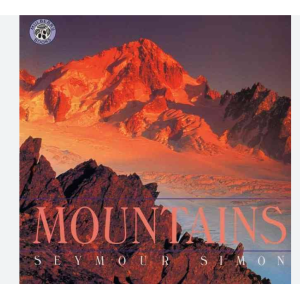 We will be reading a non-fiction text, Mountains by Seymour Simon, this week. Students will be a reading closely for understanding of complex scientific concepts and vocabulary. Then, next week, they will work in small groups to present information about a major mountain range in the world. This longer project will involve group research work, informational paragraph writing, and giving a short speech/ presentation.
We will be reading a non-fiction text, Mountains by Seymour Simon, this week. Students will be a reading closely for understanding of complex scientific concepts and vocabulary. Then, next week, they will work in small groups to present information about a major mountain range in the world. This longer project will involve group research work, informational paragraph writing, and giving a short speech/ presentation.
Here is more information for parents about the Wit and Wisdom unit, Extreme Settings. The unit will continue through the beginning of March.
Write a Comment
You must be logged in to post a comment.